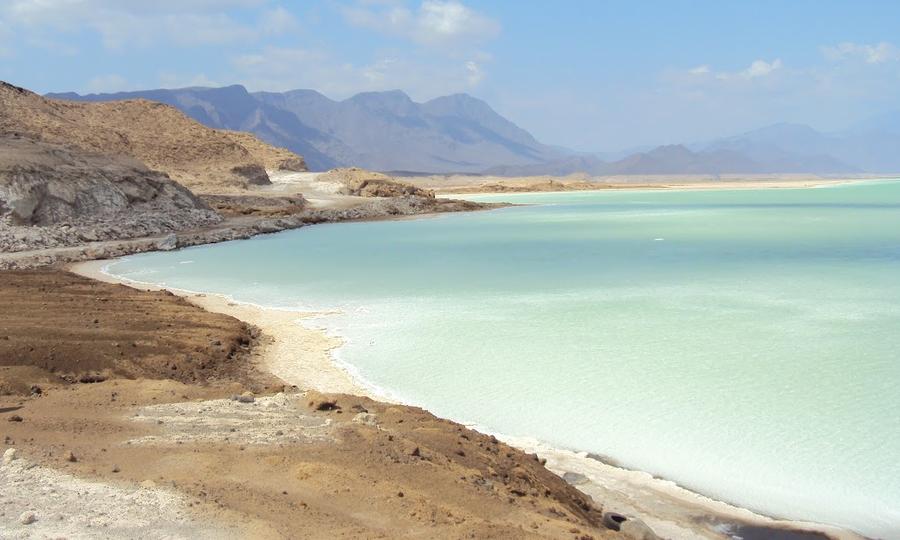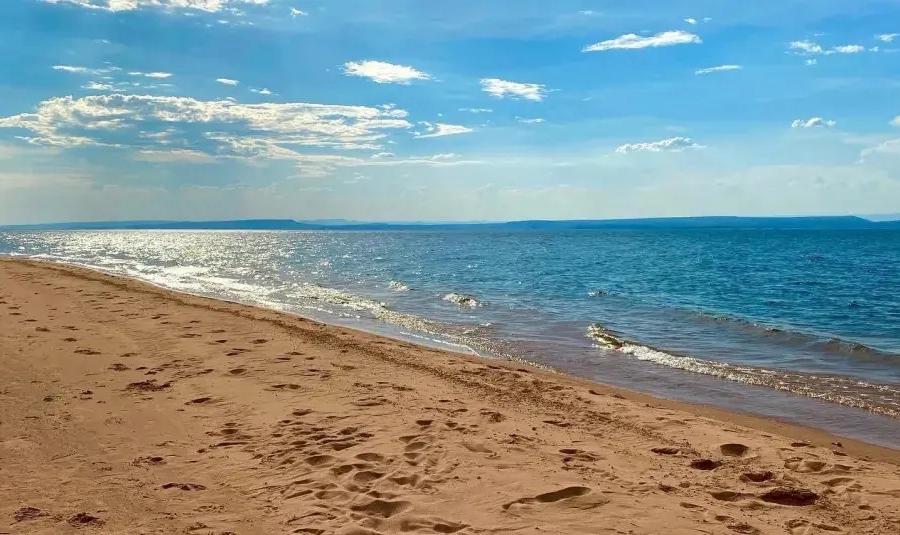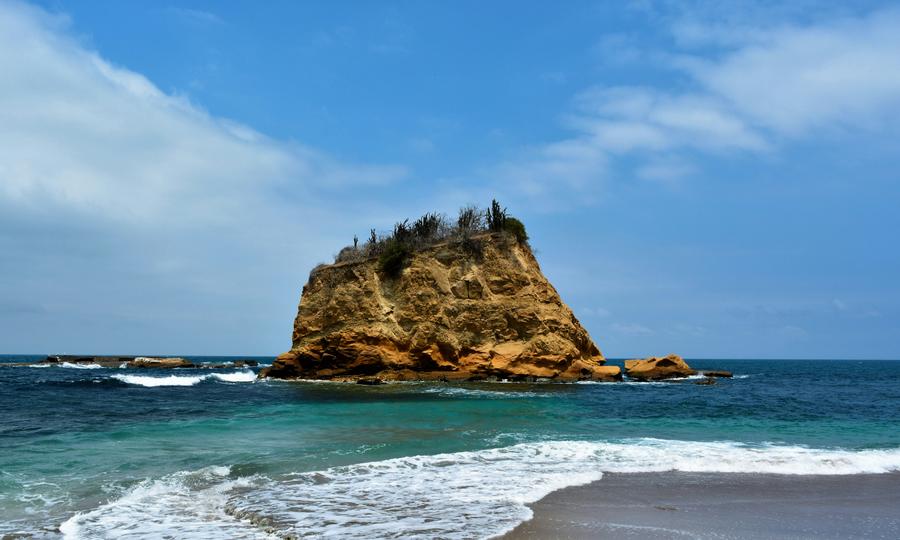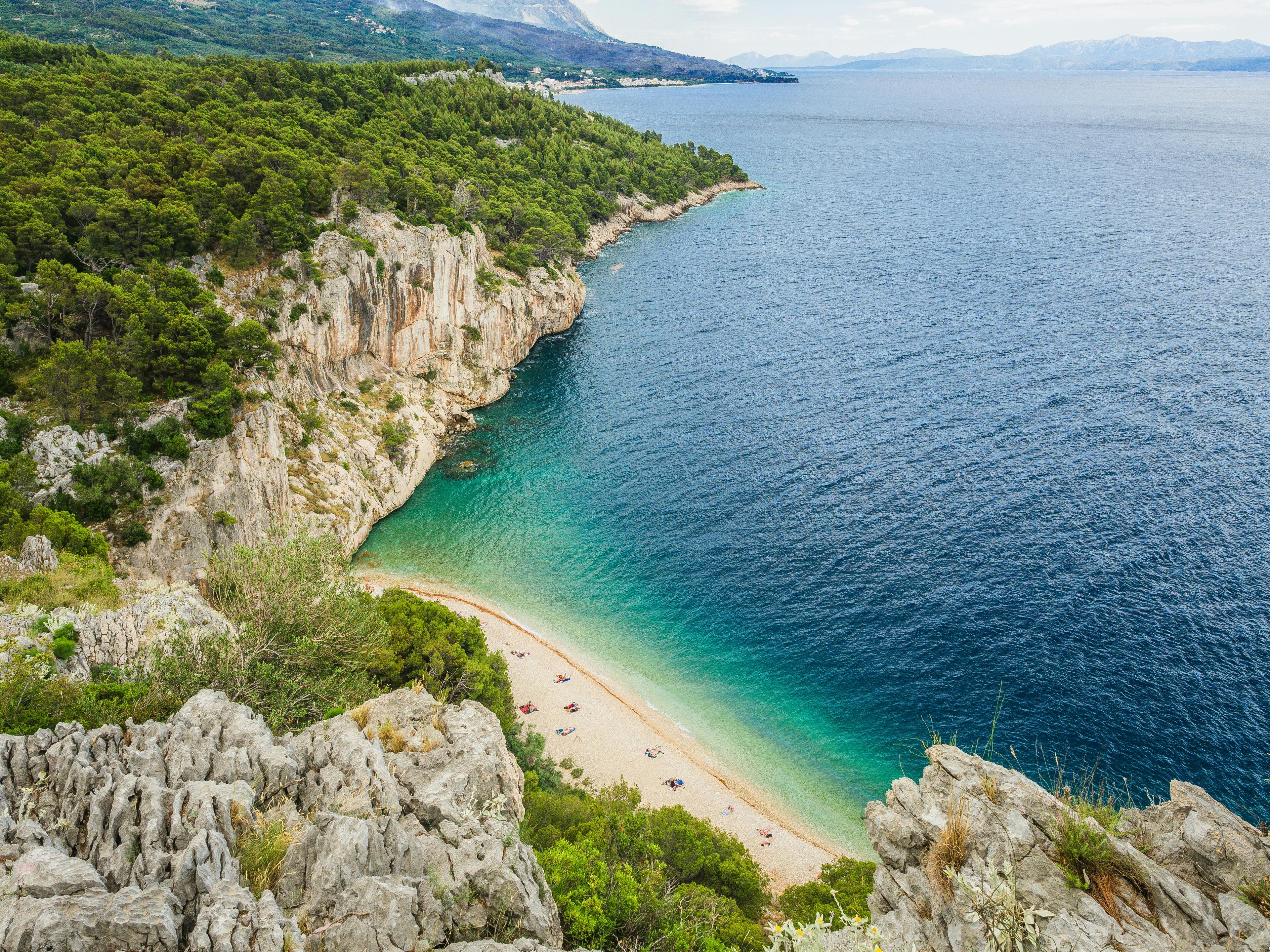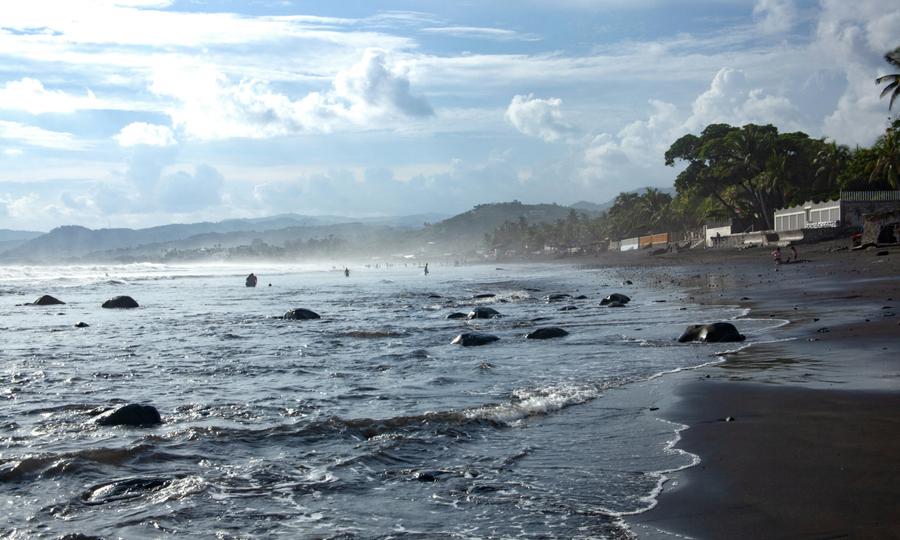Introduction
Djibouti, a small nation located in the Horn of Africa, is renowned for its stunning landscapes, rich cultural heritage, and pristine beaches. As a predominantly Muslim country, Djibouti's cultural and legal perspectives on nudism are influenced by religious and traditional values. For travelers interested in naturism, it's essential to understand the local laws, designated areas, and cultural considerations to ensure a respectful and enjoyable visit.

Legal Stance on Nudism
In Djibouti, public nudity is illegal and culturally unacceptable. The nation's legal system, influenced by Islamic principles and French civil law, strictly prohibits acts of public indecency, including nudity. Engaging in public nudity can lead to legal consequences, such as fines or imprisonment. Therefore, it's imperative for visitors to respect these laws and adhere to local customs (NYU Law).
Nude Beaches in Djibouti
There are no legal nude beaches in Djibouti as nudity is culturally unacceptable. It's important to note that at beaches in the city center, women are expected to cover their bodies fully, even if they are foreign visitors.
Khor Ambado Beach, located near Djibouti City, is a popular destination for both locals and tourists. Often referred to as "French Beach" due to its popularity among French military personnel and their families stationed in Djibouti, this beach offers a more relaxed atmosphere compared to other public beaches. Visitors can wear swimsuits at Khor Ambado Beach, making it one of the few places in the area where swimwear is permitted (Trip advisor). To reach the beach, take the road near Doraleh and Arta, which leads to this beautiful spot along the waters of Tadjoura Bay.
Cultural Considerations
Djibouti's culture is deeply rooted in Islamic traditions, which emphasize modesty in dress and behavior. Public displays of nudity are not only illegal but also considered offensive. Visitors should dress modestly, especially in public areas, and be mindful of their actions to show respect for local customs and beliefs.
Avoiding Legal Issues
To prevent legal complications during your stay in Djibouti:
- Adhere to Laws: Strictly follow local laws regarding public decency.
- Stay Informed: Research and stay updated on local regulations and cultural norms.
- Consult Authorities: When in doubt, consult local authorities or trusted locals for guidance.
Guidelines and Etiquette for Nudist Beaches
For those considering visiting Djibouti's secluded beaches with the intention of engaging in naturist activities, it's important to follow these guidelines:
- Discretion: Always ensure you are in a private area away from public view.
- Respect Local Customs: Understand and respect the cultural and religious beliefs of the local population.
- Seek Permission: If you're on private property or unsure about the area's regulations, seek permission from local authorities or property owners.
- Be Prepared: Carry appropriate clothing to cover up quickly if necessary.
- Avoid Photography: Refrain from taking photographs, especially of locals, without explicit consent.
Conclusion
While Djibouti boasts beautiful and secluded beaches, it's essential for visitors to respect the country's strict laws and cultural norms regarding public nudity. Engaging in naturist activities should be approached with utmost discretion and sensitivity to local customs. By understanding and adhering to Djibouti's legal and cultural landscape, travelers can ensure a respectful and enjoyable experience in this unique and captivating country.

